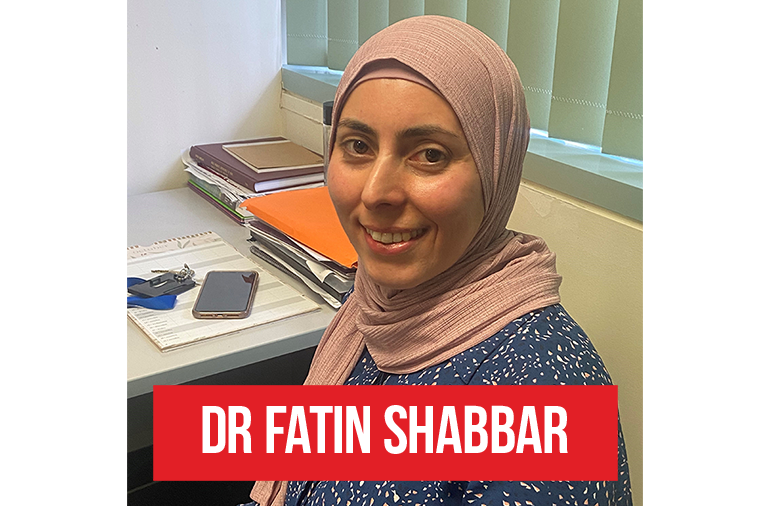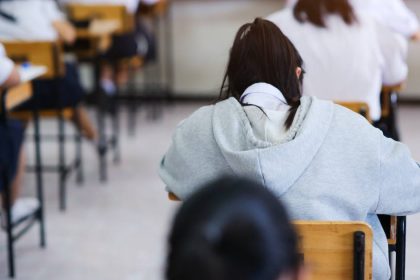Researchers at the University of South Australia say virtual reality technology use in schools could help engage the next generation of learners.
The new Mia Project program has been trialled for Bachelor of Social Work students and uses virtual and augmented reality to combine interactive storytelling, human connection and emotional engagement.
Project lead Dr Fatin Shabbar said this would be a more effective way to deliver a curriculum for future students.
“Students now entering university have grown up in a digital world and identify more with this style of interactive learning, and virtual and augmented reality, than using traditional textbooks,” Dr Shabbar told The Bursar.

“Universities worldwide are struggling to engage students with online teaching, and part of the reason is that students just don’t relate to traditional methods of learning that have been effective in the past. Social work involves soft emotional skills and understanding human behaviour. Written case studies don’t replicate well in real life, where social workers must make judgements and create connections with children.”
Overwhelmingly positive feedback
The Mia Project program uses virtual scenarios that are authentic and relevant to skills students will need to utilise in the workplace. Mia – the program’s avatar – displays challenging behaviours and language; the purpose is for the students to learn how complex trauma affects a child’s development and how to respond to that.
“By engaging with a child avatar, students can experience firsthand what it is like to be a social worker,” Dr Shabbar says.
“The interactive environment enhances learning and creates a safe space for students to explore sensitive topics related to working with children. They gain practical experience and develop the necessary social and emotional skills essential in social work.”
Dr Shabbar told The Bursar that she has integrated the project into traditional face-to-face classes and self-directed online study.
“One notable advantage of this project lies in its versatility, enabling it to be implemented in various ways to facilitate diverse learning outcomes.”
She says there are no current plans to share the project with other universities but is interested in further collaboration – seeing VR as an essential factor regarding the future of education.
“I can clearly envision the possibilities of employing a project of this nature in secondary and even primary educational setting,” she says. “Today’s children are increasingly immersed in technology, and they are more willing to engage and learn from digitalised resources rather than traditional text-based study materials.”






